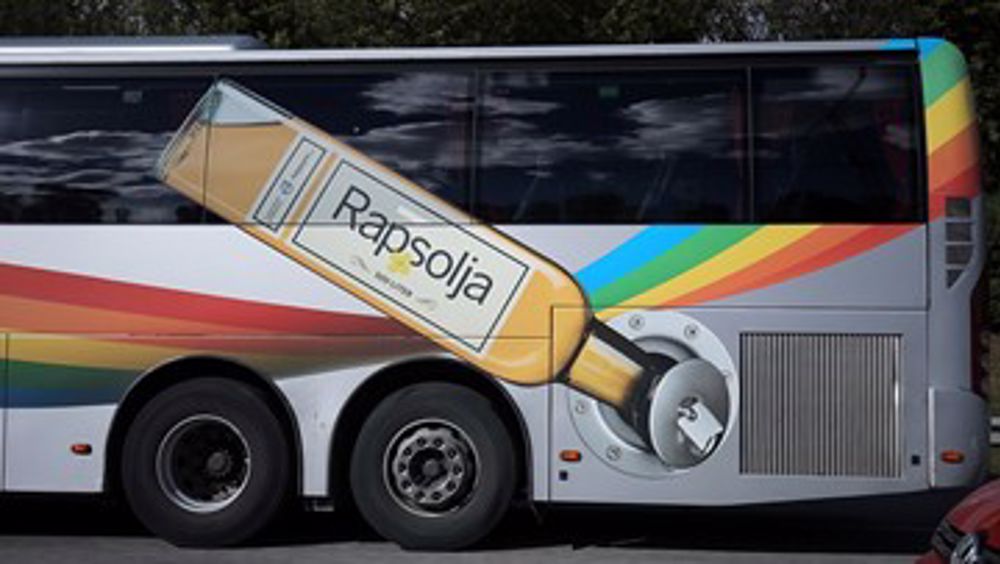Existential Risk - Why We Urgently Need our Population and Economy to Degrow
Existential Risk is the likelihood of our species becoming prematurely extinct. A small reduction in this risk will save countless future lives and is therefore more important than any other global public good.
I place this little understood risk into a two-dimensional matrix, describe examples and the fundamental changes needed to ensure the future of humans. I developed this as part of a PhD thesis entitled ‘An assessment of the feasibility and benefits of using vegetable oil fuels with comments on more fundamental ways to offset the impending post fossil fuel dilemma.’
In this study it became evident to me that there is nowhere near enough land in the world to make vegetable oil and its derivatives and biofuels, a stand-alone replacement for fossil fuels.
I address the shortcomings and potentially safer forms of nuclear power production, deemed together with solar thermal power production and wind energy as the only way that we could survive at the current energy consumption level post fossil fuels. Upon realising this, I moved on to address population control, economic degrowth and existential risk.

We appear destined to catastrophe or even to premature extinction if we do not collectively address population control, climate change, species extinctions, equality for all people and elimination of greed with its associated mantra of ‘growth at all costs.’ I believe the latter should desist in favour of ‘ecological and economic sustainability.’ A simple material balance shows that any entity which has fixed inputs and a rapidly reducing accumulation cannot increase its outputs indefinitely and I cite the late economist Professor Kenneth Boulding who in 1966 said, “Only madmen and economists believe indefinite growth is possible in a finite world.
To date, complete economic collapse has been averted by technological advances, by exploitation of the environment and by exploitation of developing nations.
Instead of continuing to use technology in this way, I believe we could use it to achieve equality for all, reversal of the greenhouse effect and the halting of extinctions.
We have many alternative sources of energy if only there were less of us. I address inequality of consumption between the developed world and developing nations.
In particular, ‘land-grabbing’ in poorer countries by richer countries to meet their greater consumption needs without regard to the human and other populations it displaces. I cite learned works on existential risk reduction.
Although greed (self-preservation) is natural for all species, the difference between humans and other species is that we realise that change is needed, and we could make it happen. This in my view is our collective moral obligation.